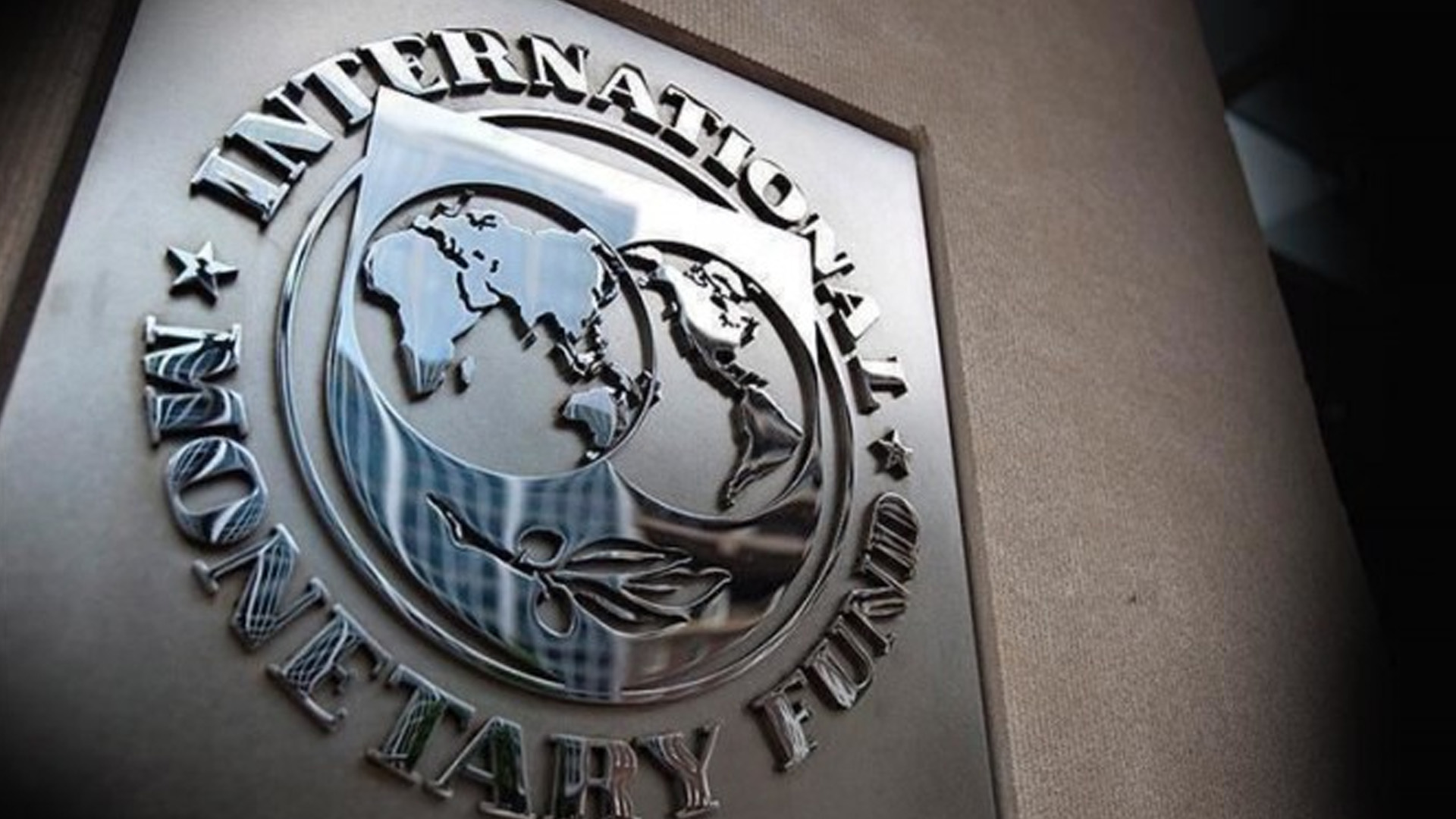The Philippine economy remains resilient despite external challenges and heightened policy uncertainty, the International Monetary Fund (IMF) said Friday.
In a statement, IMF Mission Chief Elif Arbatli Saxegaard said economic growth is expected to settle at 5.5 percent this year and further accelerate to 5.8 percent next year.
An IMF team led by Saxegaard held meetings in Manila from May 14 to 20 to discuss recent economic and financial developments and the outlook for the Philippine economy.
“The Philippine economy holds significant potential with a sizable demographic dividend and abundant natural resources. The government has been undertaking reforms to reduce infrastructure, health and education gaps, promote foreign direct investment, and diversify the country’s export markets,” Saxegaard said.
“These reforms should be complemented by strengthening social protection programs, promoting digitalization, and increasing resilience to climate shocks and natural disasters.”
She, however, said that economic growth would be affected by global policy uncertainty and lower growth in major economies.
The IMF expects consumption to grow, supported by lower inflation, easing monetary policy, and low unemployment.
Inflation is projected to settle at 2.2 percent this year, near the lower end of the government’s 2 percent to 4 percent target range.
Saxegaard said the easing inflation would allow the Bangko Sentral ng Pilipinas (BSP) to further reduce policy rates.
“Risks of higher inflation include adverse weather and other supply shocks, including potential disruptions in global supply chains, and risk-off shocks, which could contribute to currency depreciation,” she said.
The IMF, meanwhile, projects the country’s current account deficit to narrow to 3.4 percent of the gross domestic product (GDP) from 3.8 percent in 2024 on the back of weaker commodity prices.
Saxegaard also highlighted the decline in the fiscal deficit.
“The fiscal deficit declined from 6.1 percent of GDP in 2023 to 5.7 percent in 2024, largely in line with the government’s latest fiscal program, and the overall fiscal stance is expected to be broadly neutral in 2025,” she said.
The medium-term fiscal consolidation remains appropriate and should be supported by a sustainable plan to raise tax revenues and implement expenditure reforms, she added.
The IMF also noted that systemic financial risks remain contained, credit growth remains healthy, and the banking system has strong capital and liquidity buffers.
“Important progress has been made in addressing Anti-Money Laundering/Combating the Financing of Terrorism (AML/CFT) issues, as exemplified by the Philippines’ welcome exit from the Financial Action Task Force (FATF) gray list in February 2025. The current momentum should be maintained,” Saxegaard said. (PNA)







